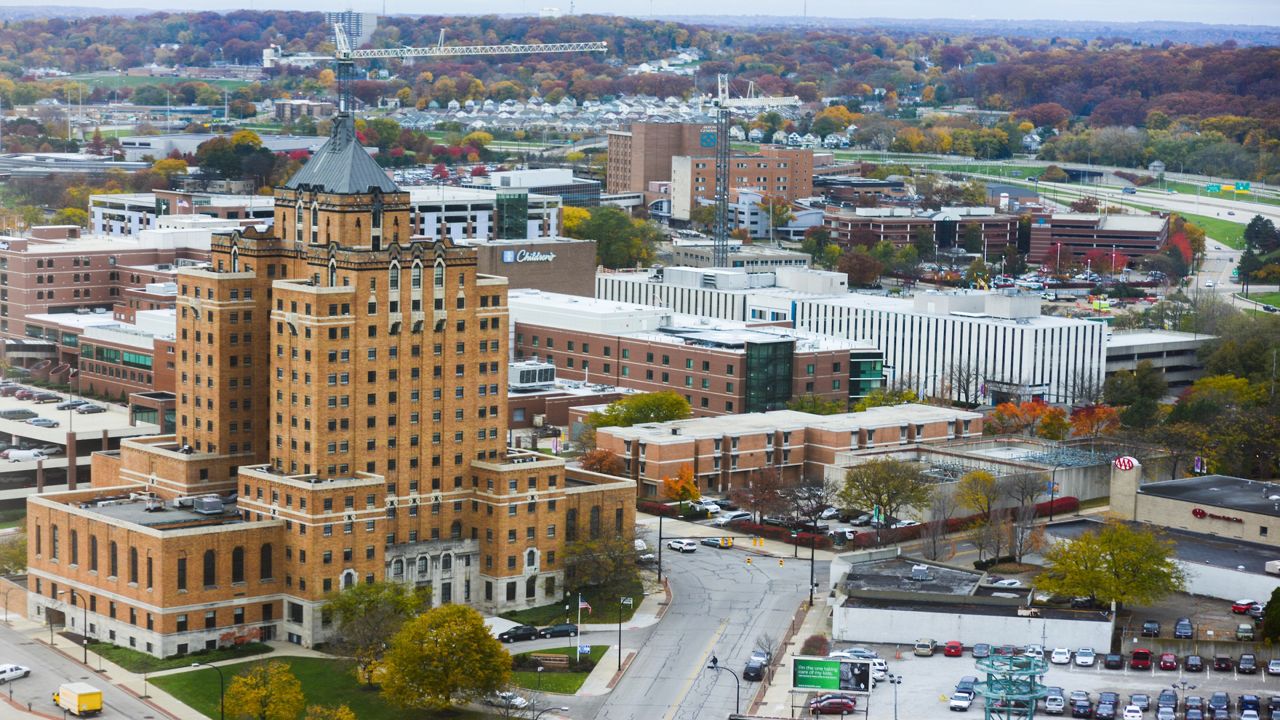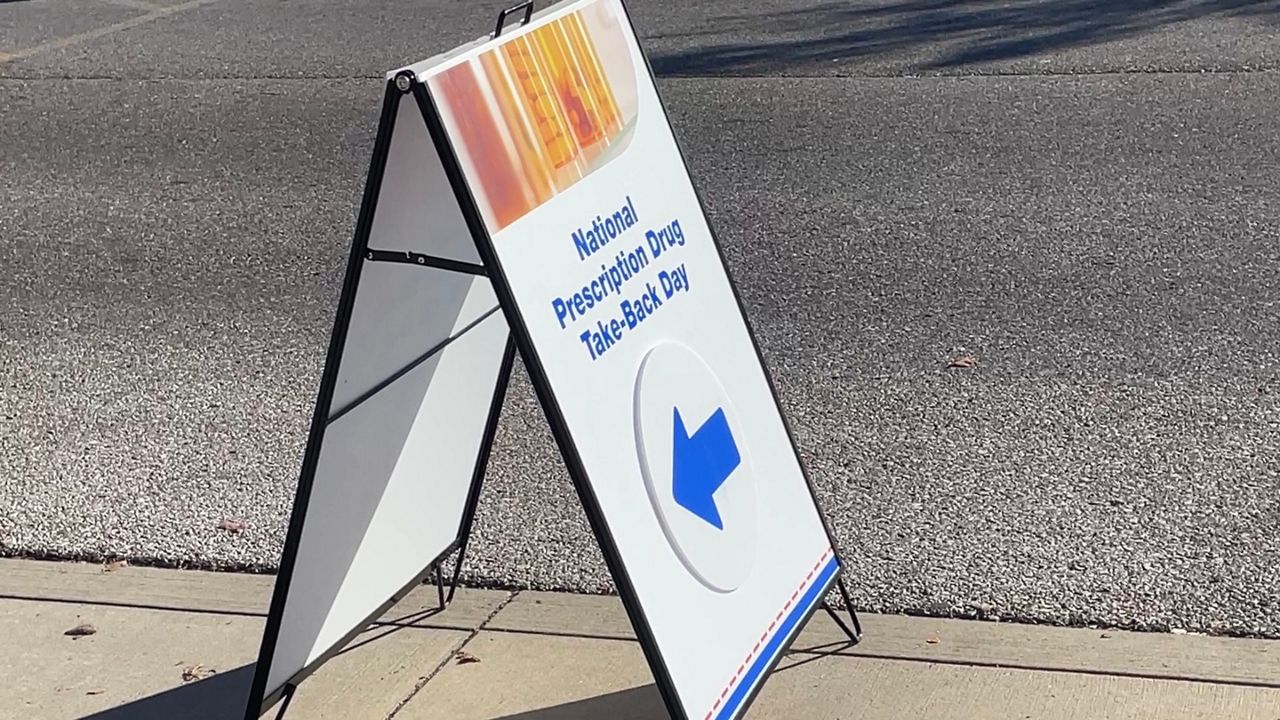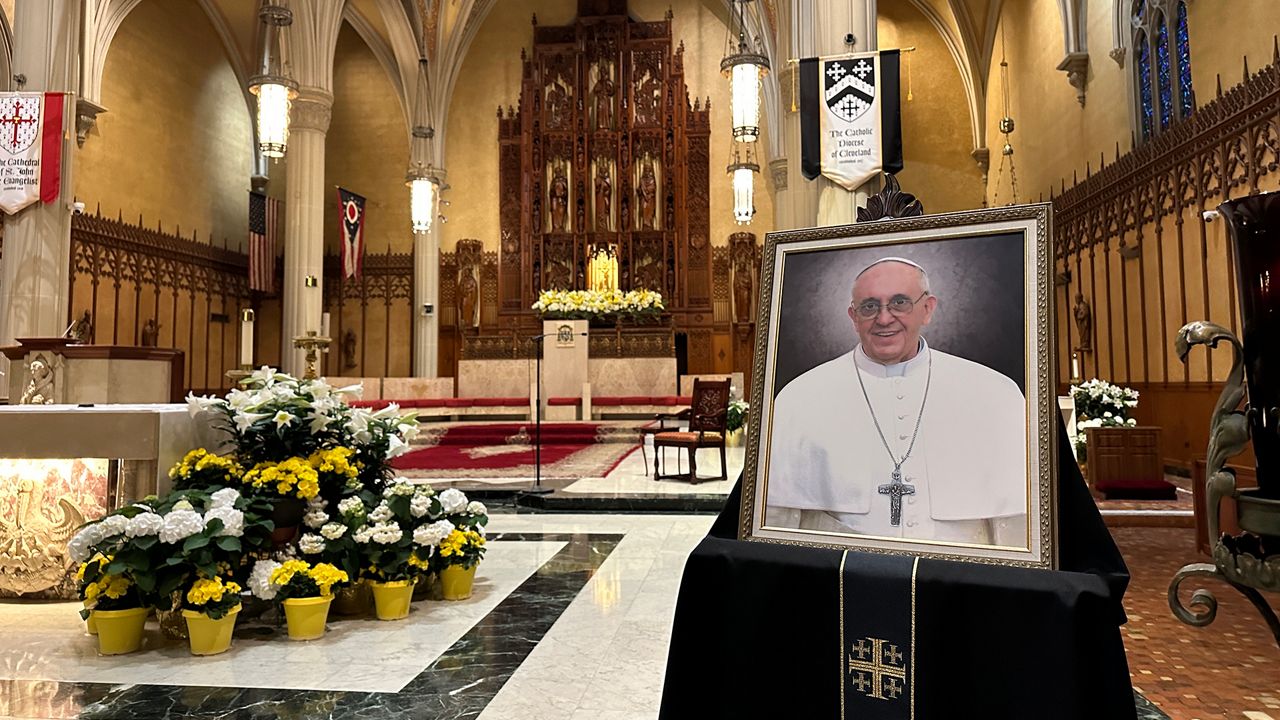AKRON, Ohio — The city has issued a response to recommendations laid out in February in the city’s Racial Equity and Social Justice Taskforce five-year plan.
The taskforce was convened in June 2020 after Akron declared racism a public health crisis.
Chaired by Bishop Joey Johnson, senior pastor of the House of the Lord, the taskforce comprised 29 members with diverse backgrounds representing an array of disciplines. The work was guided by Akron’s Health Equity Ambassador Tamiyka Rose.
The goal was to create a “pro-equity strategic plan” recommending policy changes and including the timelines and funding estimates to make them happen.
The taskforce made 117 recommendations, which were organized by the taskforce executive committees and six subcommittees: equitable workforce development and job creation; criminal justice system; health care and public health; housing; education and communications.
The city’s team then spent the last six months discussing and researching the findings to formulate the newly released response, the city said.
Of the total recommendations, 92 can or will influence city policy, the city said in a release, with 43 already implemented or in practice.
Of the total, 25 recommendations were “unsustainable or unrealistic” but could be considered the future, the city said.
Mayor Dan Horrigan said the recommendations have “laid the foundation for important and necessary change here at the city,” and acting on them is just the beginning.
“We will continue to listen, learn and work towards sustainable solutions to create a more equitable city for all,” he said.
The city agreed with two recommendations from the executive committee. One, to designate an individual to oversee equity and diversity in the city, was completed with creation of the cabinet-level position Director of Diversity, Equity and Inclusion, and filled by Tammy Tucker in November.
The second was to create a “diversity scorecard” to record progress in equity and diversity, which the city said it plans to fulfill through a public dashboard on the city’s newly configured website, expected to launch in 2023.
Under subcommittees, criminal justice offered the greatest number of recommendations.
The criminal justice subcommittee recommendations — most of which the city agreed with — ranged from police department recruiting, hiring, and training to body-worn cameras and police oversight.
One recommendation called for creation of a Citizen Oversight Board, which was underway via a city ordinance when a citizen group secured signatures for a ballot initiative. In November, voters approved that measure, which differed in ways from the one already underway.
In its response to the taskforce, the city said it is “committed to transparency and accountability” and is implementing elements of the voter-approved review board, some of which will mesh with existing efforts.
The taskforce also recommended all uniformed police, including SWAT, be equipped with body-worn cameras, which the city rejected, in part.
Patrol and traffic units, and their immediate supervisors should, and do, wear the cameras, the city said.
“The city disagrees that school resource officers, street narcotics uniform detail and SWAT should be required to wear cameras because of the potential for public exposure of potential information sources and methods and other privacy concerns,” the city responded.
The city also disagreed with a proposal that Akron police officers be equipped with body cameras when working second jobs, which are often in security.
In disagreeing, the city cited “privacy rights of the secondary employer.”
One public-safety recommendation the city said is in the works is a recommendation to create a working group that can help the department come up with crime-prevention strategies and provide input on policing.
According to the city, Police Chief Steve Mylett is working on programming for 2023 that is expected to address that.
In response to a recommendation to conduct community surveys, the city said it is already gathering quotes from survey providers in an attempt to gather input that can improve police-community relations and ultimately reduce crime rates.
A new website on tap for the city factors into the response to many recommendations by the taskforce subcommittees.
A recommendation from the communications subcommittee is to incorporate ways the city can gather and share racial equity and social justice data, and use artificial intelligence.
The subcommittee also proposed the city hire a public relations firm to launch a racial equity campaign and build a website for racial equity initiatives at a cost of $150,000 - $200,000 over five years.
In its response, the city indicated the new website will have the capability to capture and share information between the city and all communities involved, the city said.
Additionally, current staff and department heads should make positive messaging regarding diversity and equity part of their daily efforts, the city responded.
View a breakdown of the recommendations and the city’s responses, as well as timelines for implementation on the city's website.









